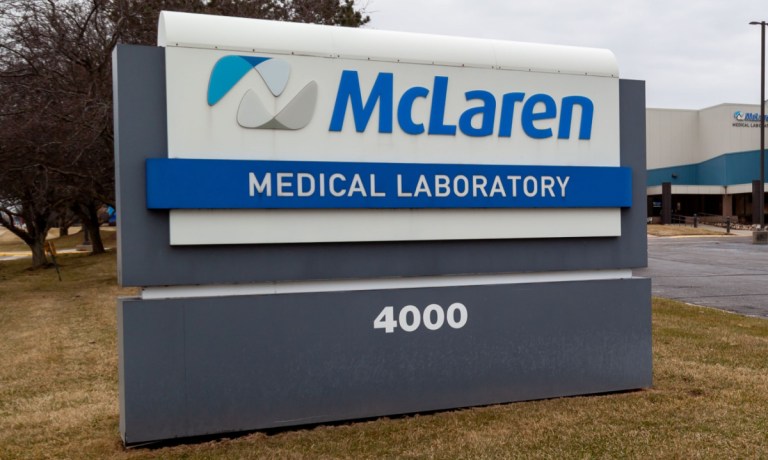McLaren Health Care Reports Data Breach Affecting 2.2 Million Patients

McLaren Health Care, a healthcare provider based in Michigan, has reported a data breach that compromised the personal and health information of about 2.2 million patients.
The hackers accessed a wide range of patient information, including names, dates of birth, Social Security numbers, billing and claims information, prescription details, diagnostic results and treatment information, TechCrunch reported Monday (Nov. 13), citing a data breach notification and attached notice of data event filed by McLaren Health Care. The breach also affected Medicare and Medicaid patient information.
“Upon learning of the event, we immediately took steps to secure our network and maintain operations in a safe and secure fashion,” McLaren Health Care said in an incident notification statement posted on its website.
The cyberattack, which occurred in July and August, involved a ransomware gang gaining unauthorized access to McLaren’s systems for three weeks, according to the TechCrunch report.
McLaren Health Care became aware of the breach a week later, the report said. The healthcare provider filed a data breach notice with Maine’s attorney general.
The breach came to public attention in October when the Alphv ransomware gang, also known as BlackCat, claimed responsibility for the cyberattack and posted screenshots of the stolen data on the dark web, per the report.
McLaren currently faces multiple class-action lawsuits related to the cyberattack, according to the report.
This report comes on the heels of several other ransomware attacks seen across industries.
It was reported Monday that a hacker group said the Industrial and Commercial Bank of China (ICBC) paid a ransom following an attack last week. The bank, which is China’s largest lender, confirmed the attack in a notice on its financial services website last week, saying that it disrupted some of its systems. However, the hacker’s statement has not been independently confirmed.
Ransomware attacks target any accessible data, including payment information and personally identifiable information, Visa reported in September. Exploited vulnerabilities and compromised credentials are common causes of these attacks, the company said at the time.
Visa also reported that ransomware attacks reached record-breaking numbers in March, with a 91% increase compared to the previous month and a 62% rise compared to the same period a year earlier.